If they [Democrats] will continue to proscribe us, if they will continue to cultivate prejudice against us; if they will continue to decry the Negro and crush him under foot, then you cannot expect the Negro to rise while the Democrats are trampling upon him and his rights. We ask you, sir, to do by the Negro as you ought to do by him in justice.
Joseph H. Rainey, from South Carolina, took his seat on Dec. 12, 1870, becoming the first African-American to serve in the U.S. House of Representatives.
On April 1, 1871, he gave his first major speech, arguing for the use of federal troops to protect African Americans from the Ku Klux Klan.
But with a spirit more demon-like than that of a Nero or a Caligula, there has been concocted another plan, destructive, ay, diabolical in its character, worthy only of hearts without regard for god or man, fit for such deeds as those deserving the name of men would shudder to perform.
Is it asked, what are those deeds? Let those who liberally contributed to the supply of arms and ammunition in the late rebellious States answer the question. Soon after the close of the war there had grown up in the South a very widely-spread willingness to comply with the requirements of the law.
But as the clemency and magnanimity of the General Government became manifest once again did the monster rebellion lift its hydra head in renewed defiance, cruel and cowardly, fearing the light of day, hiding itself under the shadow of the night as more befitting its bloody and accursed work. I need not, Mr. Speaker, recite here the murderous deeds committed both in North and South Carolina.
I could touch the feelings of this House by the story of widows and orphans now wandering amid the ravines of the rural counties of my native State seeking protection and maintenance from others who are yet unable, on account of their own poverty, to grant them aid. I could dwell upon the sorrows of poor women, with their helpless infants, cast upon the world, homeless and destitute, deprived of their natural protectors by the red hand of the midnight assassin. I could appeal to you, members upon this floor, as husbands and fathers, to picture to yourselves the desolation of your own happy firesides should you be suddenly snatched away from your loved ones. Think of gray-haired men, whose fourscore years are almost numbered, the venerated heads of peaceful households, without warning murdered for political opinion’s sake. . .
When myself and colleagues shall leave these Halls and turn our footsteps toward our Southern homes we know not but that the assassin may await our coming, as marked for his vengeance.
Soon after, President Ulysses S. Grant signed the Ku Klux Klan Act into law. However, Klan terrorism continued.
For more on Rainey, read his speech “Reply to An Attack Upon the Colored State Legislators of South Carolina by Representative Cox on New York, 1871” posted at BlackPast.org and ‘History: 1st Black lawmaker serves in Congress’ at the Clarion-Ledger.
Find resources below for teaching about the Reconstruction era and at our Teach Reconstruction campaign.
Learn more in the Zinn Education Project national report, “Erasing the Black Freedom Struggle: How State Standards Fail to Teach the Truth About Reconstruction,” and find teaching resources on Reconstruction below.

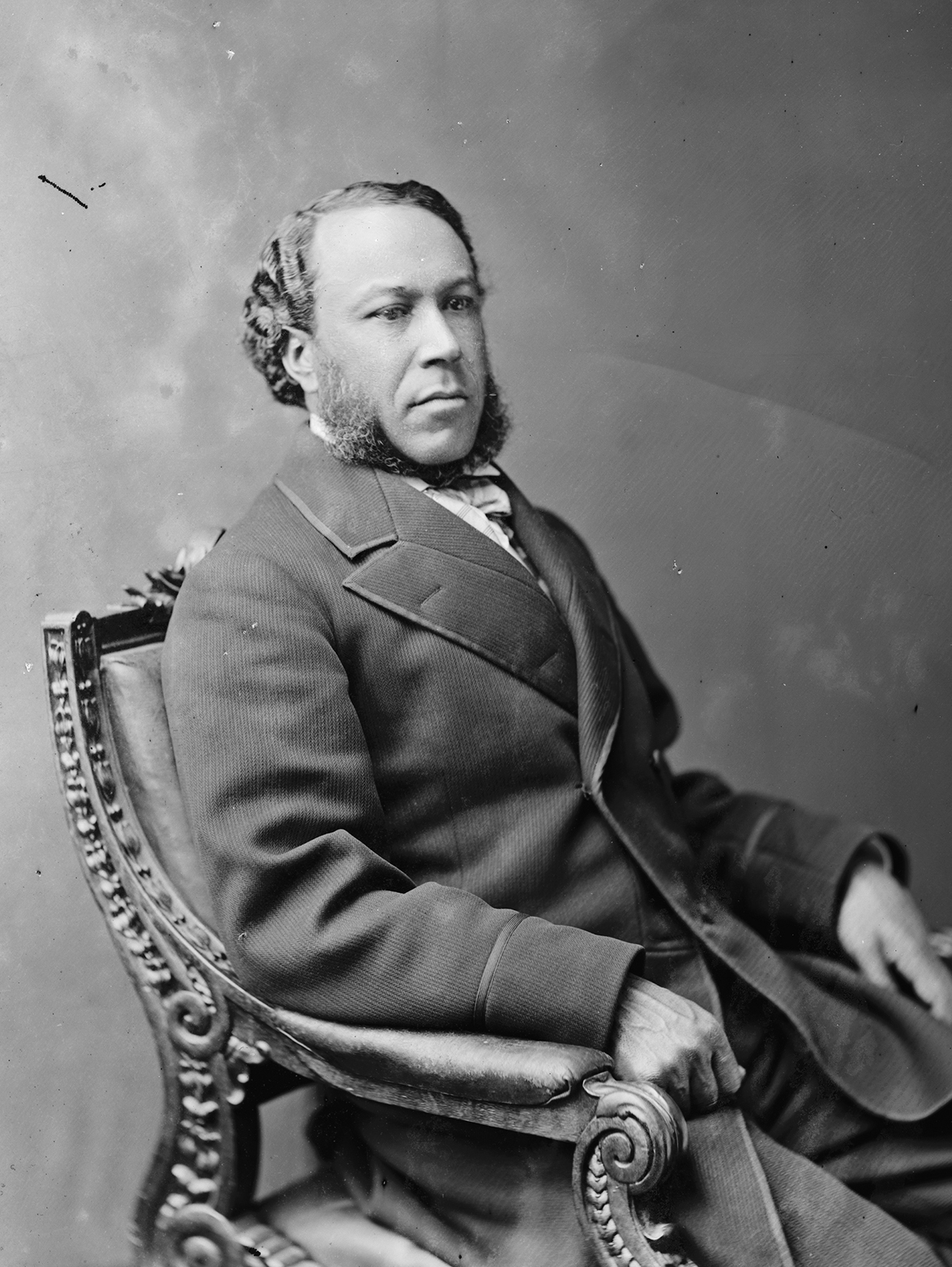
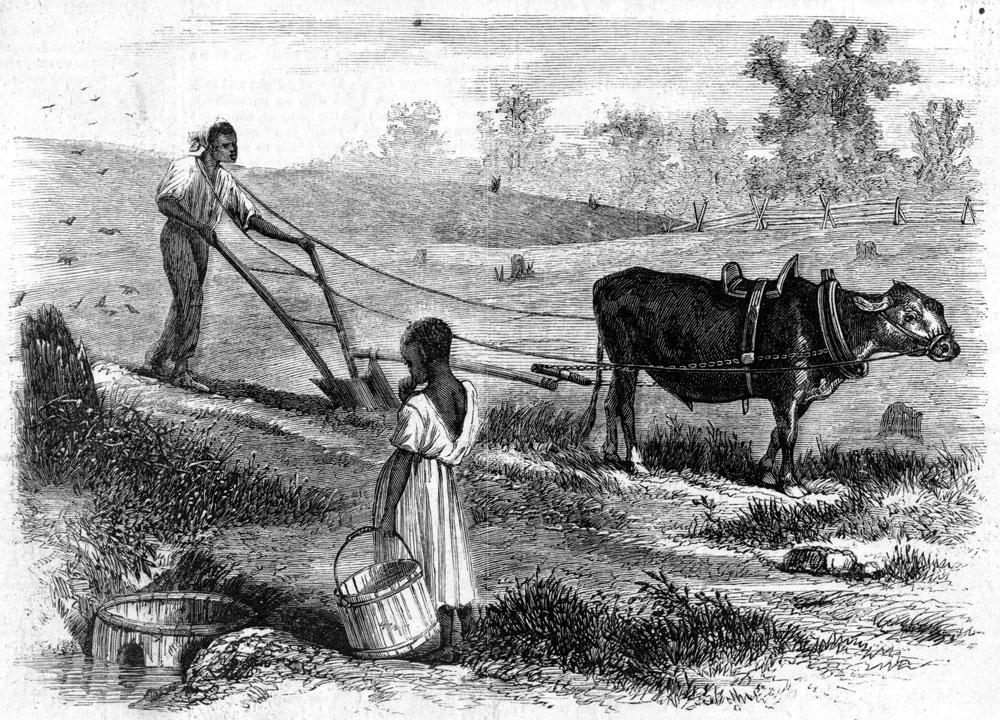
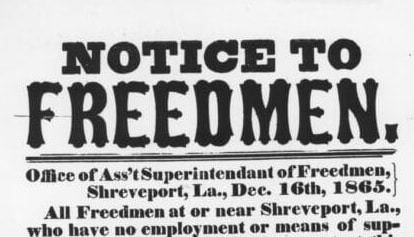
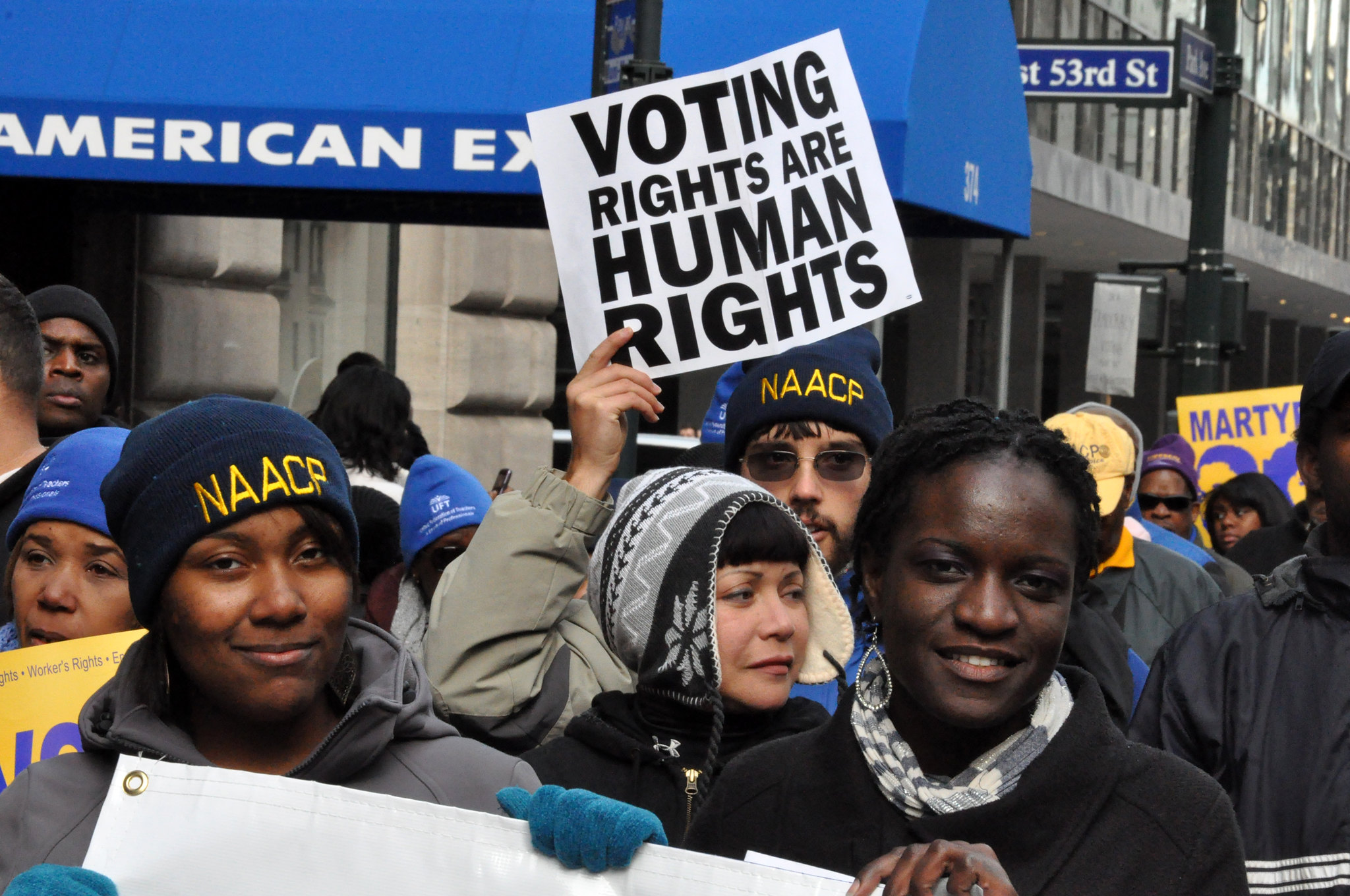




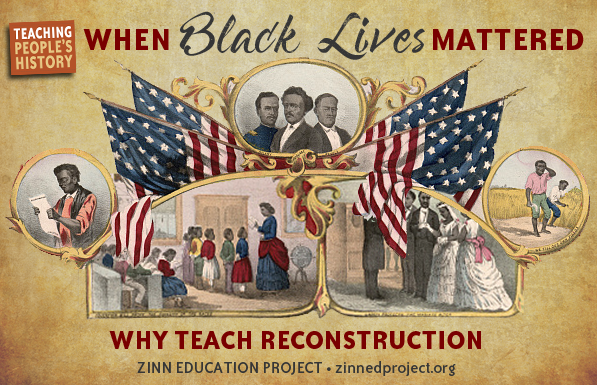

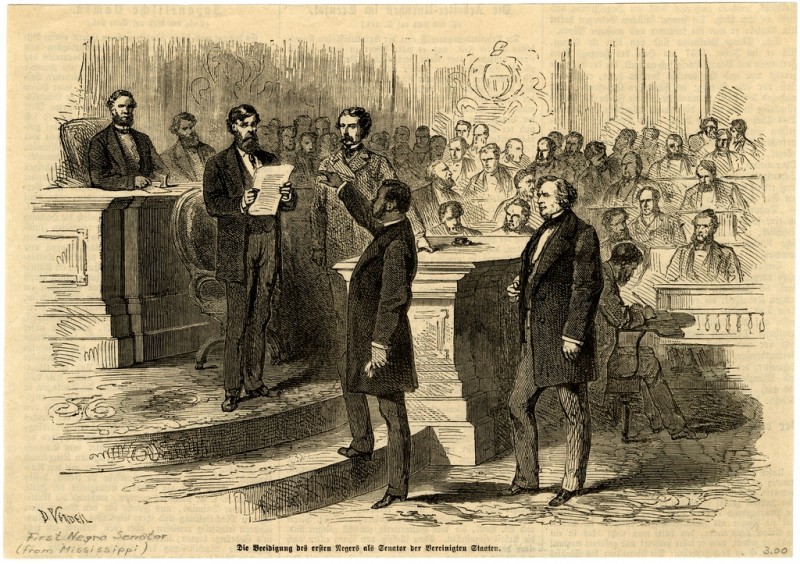
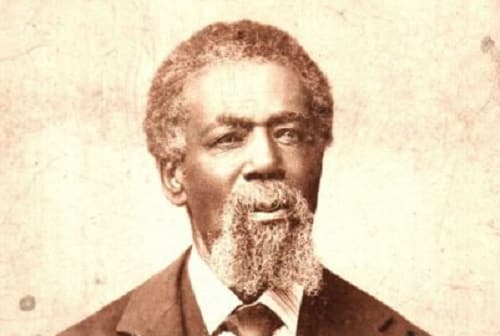
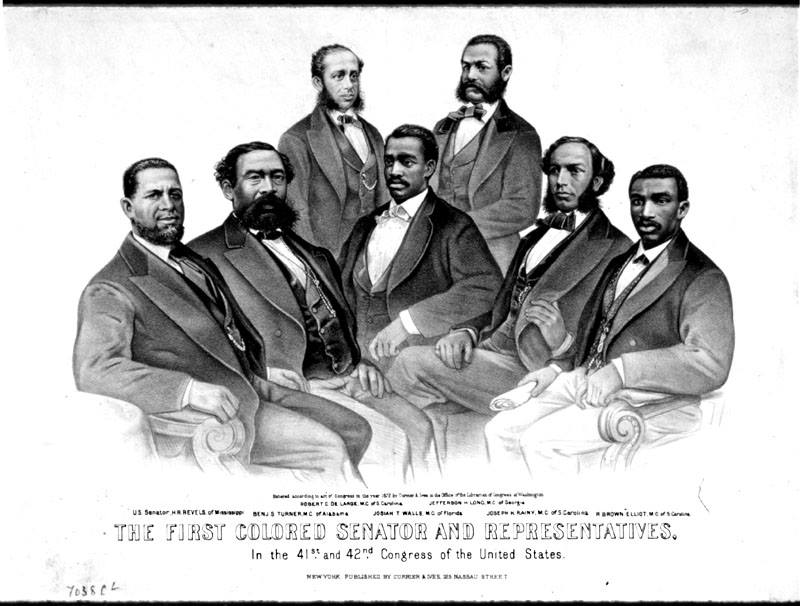
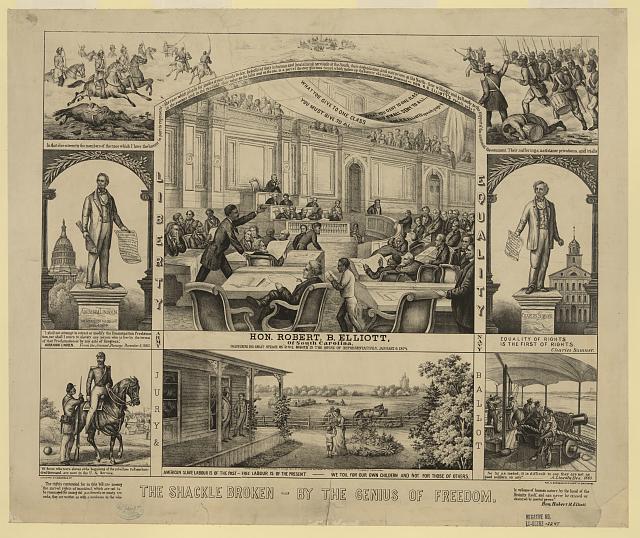
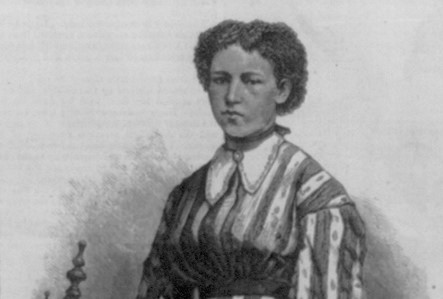
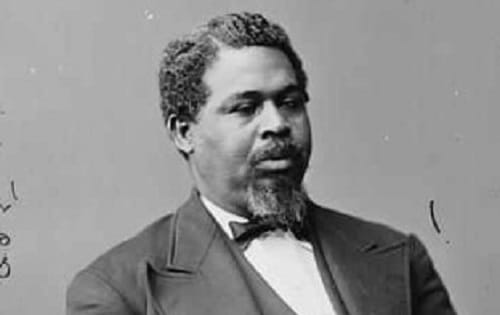





Twitter
Google plus
LinkedIn